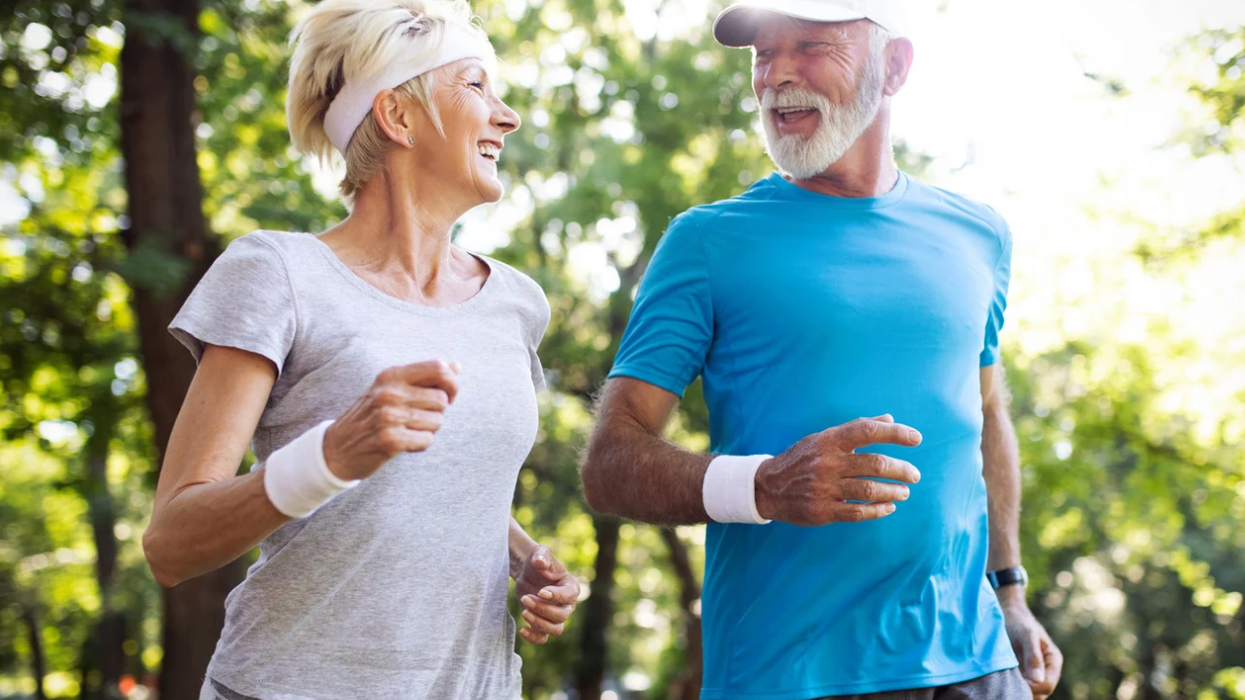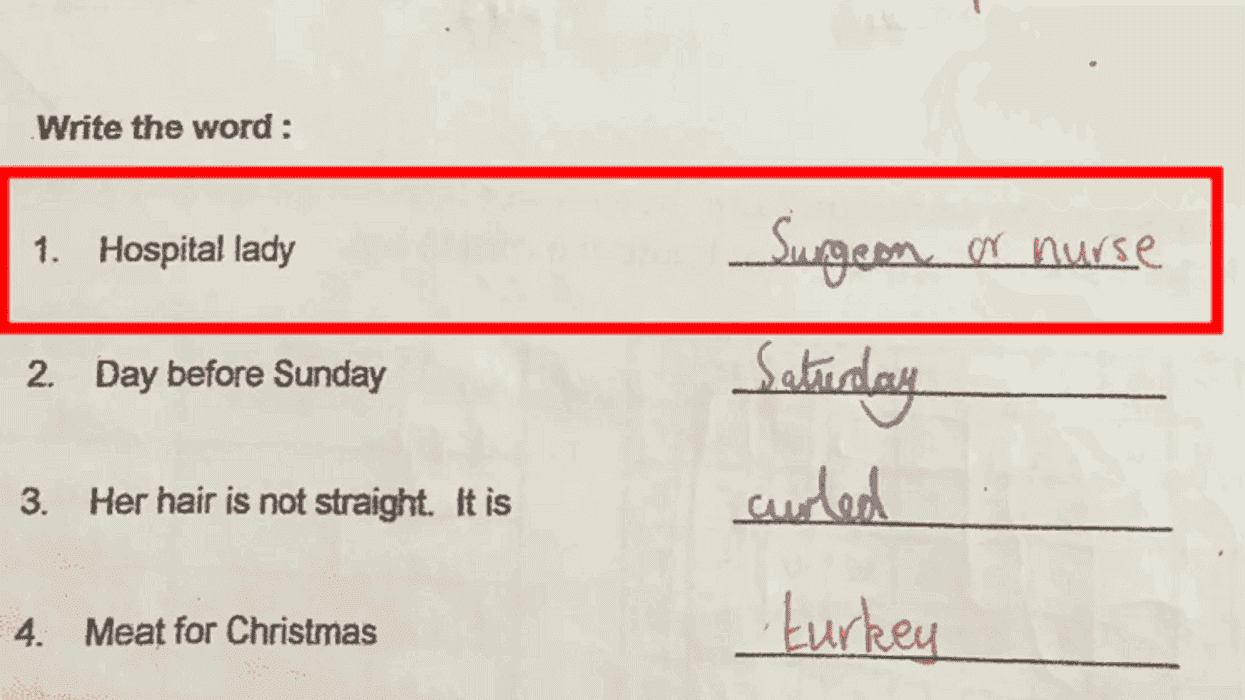Being alive means getting older. Despite that, we as a culture tend to glorify youth. “Never trust anyone over 30,” “Lordy, lordy, look who’s 40,” and all that. But the fact is that one of the privileges of staying alive is growing old, and it’s essential to know when our bodies catch up to our age to prepare for it. With that in mind, doctors and scientists have pinpointed the exact age when our bodies rapidly decline.
While past studies have suggested that our bodies rapidly start aging in the range between 40 and 60 years old or in various spurts, a recently published study found that rapid cell aging begins at age 50. Dr. Guang-Hui Liu and the study’s authors focused on age-related protein changes in the body through analyzing 516 samples of 13 types of human tissues derived from 76 organ donors aged between 14 and 68 years old. These tissue samples came from organs responsible for cardiovascular, respiratory, endocrine, digestive, and immunity functions in the body, along with musculoskeletal, blood, and skin samples. Through studying these samples, the research team noticed that the tissues aged at a more accelerated rate at 50 years old.
While they’re confident in their discovery, more research will be needed to validate further and confirm their findings.
“Aging, as a systemic, degenerative process that spans multiple organs and biological strata, remains one of the most profound unresolved questions in the life sciences,” Dr. Liu told Medical News Today. “Throughout the extended human lifespan, two fundamental issues persist: Do all organ systems adhere to a unified aging rhythm? Does a molecular spatiotemporal hub exist that orchestrates organism-wide senescence? Despite their centrality to understanding the essence of aging, these questions have long lacked systematic, empirical resolution.”
@tamsenfadal Changes I have learned over time… #womenover50 #over50 #over50lifestyle #advice #lifechanging
“So, am I just going to fall apart on my 50th birthday?”
Well, more research is needed to confirm this "your body ages quickest at 50" discovery, and people’s bodies aren’t exactly comparable one-to-one. However, it’s good general advice to develop healthy habits as soon as you’re able to make sure not only to live to see 50, but have better chances at a high quality of life after that milestone.
The National Institutes of Health and the Centers for Disease Control offer some broad yet helpful tips to help you prepare yourself and your body as you grow and age. They recommend exercising regularly to keep the body active, specifically incorporating cardiovascular and resistance training to build strength and stamina. They also recommend eating foods rich in nutrients, such as fruits and vegetables, and managing portion sizes.
@stonemountainpnw Between the (as yet) undiagnosed auto-immune disease, injuries, surgeries & simply getting older… I can’t stand taking pills. This is why I have so many left over. #50 #50s #50sclub #pills #overit
Aside from the physical aspect, the mental aspect of aging needs to be addressed, too. It’s essential for all people, but especially seniors, to be socially active. Engaging in activities like weekly pickleball games with friends or phone calls with family can help reduce the risk of heart disease, dementia, and other ailments. Isolation also makes it harder for seniors to adhere to any exercise or diet goals, such as those we’ve previously mentioned.
It should be noted that all of these suggestions, as general as they may be, should be run by your doctor before you make any lifestyle changes. Your healthcare team can point you in the best direction for your personal health and wellness needs. While no pill or medicine can stop or reverse aging, the good news is you can use healthy habits to prepare yourself enough to enjoy the process as best you can for as long as you can.





















 What foods would you pick without diet culture telling you what to do?
What foods would you pick without diet culture telling you what to do?  Flexibility can help you adapt to – and enjoy – different food situations.
Flexibility can help you adapt to – and enjoy – different food situations.
 Anxious young woman in the rain.Photo credit
Anxious young woman in the rain.Photo credit  Woman takes notes.Photo credit
Woman takes notes.Photo credit 
 Revenge can feel easier than forgiveness, which often brings sadness or anxiety.
Revenge can feel easier than forgiveness, which often brings sadness or anxiety. 
 In the past two years, two malaria vaccines have become available for babies starting at 5 months of age.
In the past two years, two malaria vaccines have become available for babies starting at 5 months of age. By exploiting vulnerabilities in the malaria parasite’s defense system, researchers hope to develop a treatment that blocks the parasite from entering cells.
By exploiting vulnerabilities in the malaria parasite’s defense system, researchers hope to develop a treatment that blocks the parasite from entering cells. Created with
Created with 